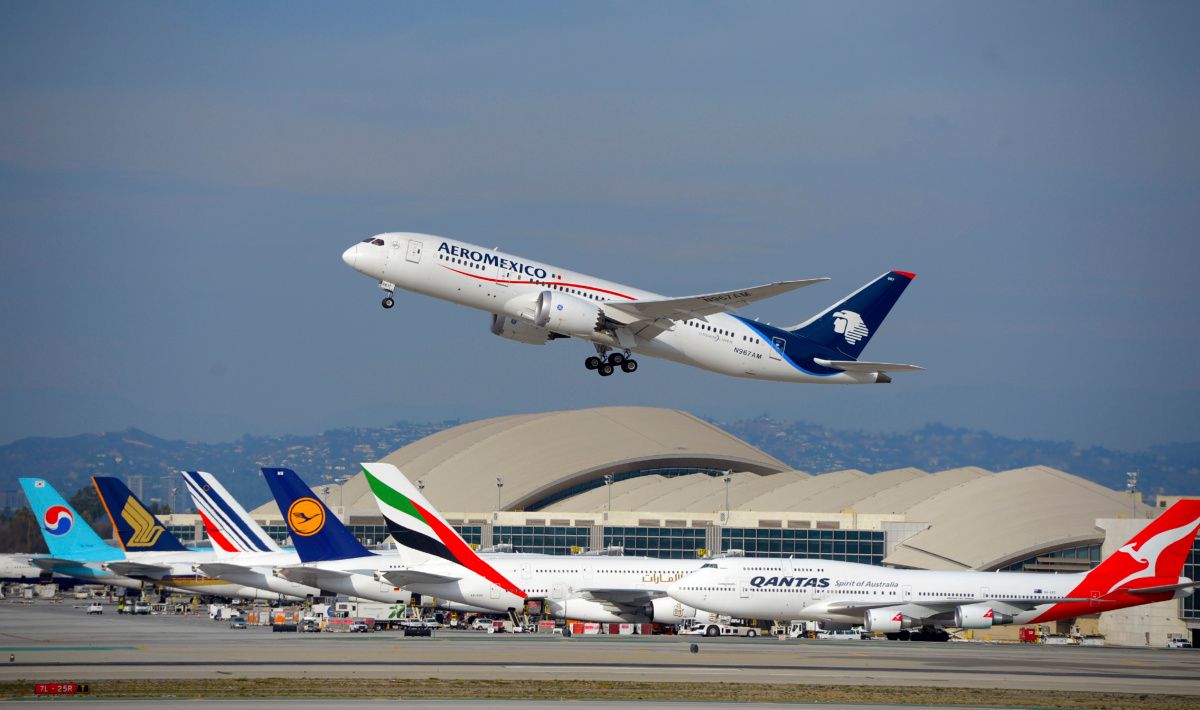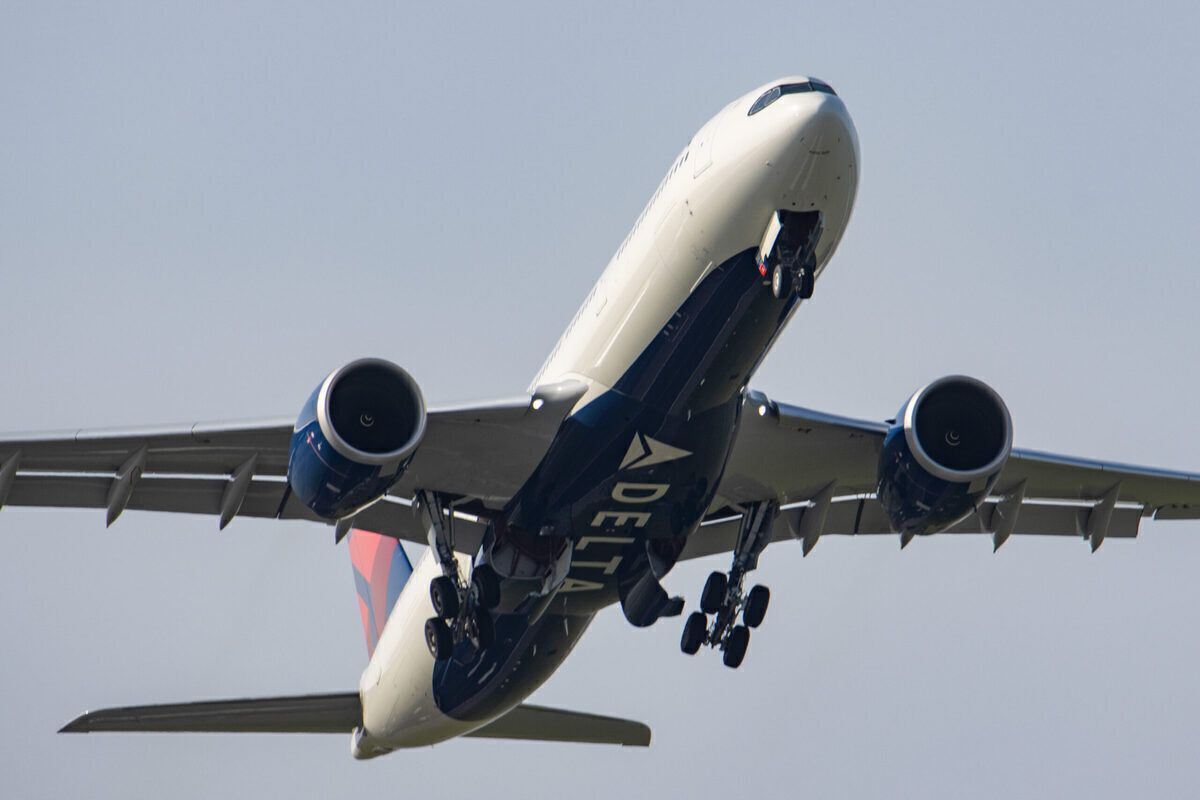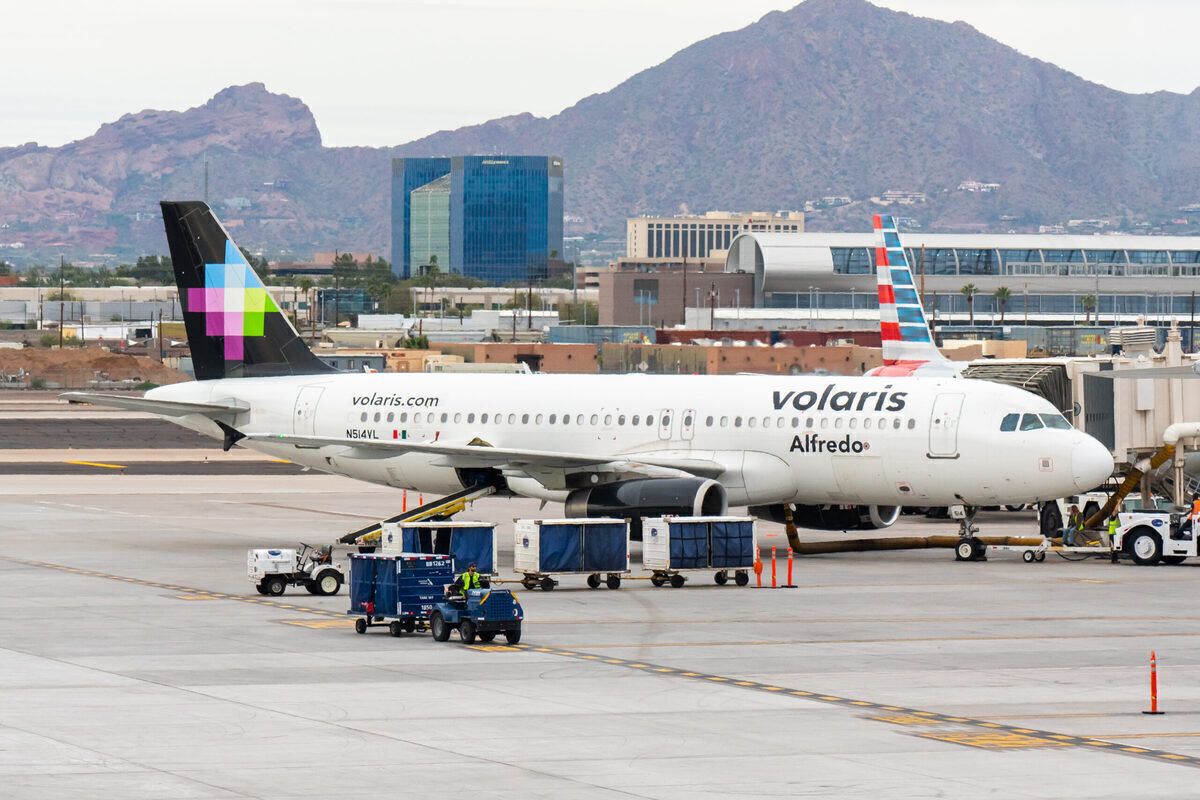Today, the Federal Aviation Administration (FAA) announced that the Government of Mexico does not meet International Civil Aviation Organization (ICAO) safety standards. Therefore, the FAA has downgraded Mexico’s rating to Category 2. It is the second time in Mexico’s history this has happened. The first one occurred eleven years ago, in 2010.
What does this mean for Mexican aviation?
The possibility of the FAA downgrading Mexico’s aviation has been in the air since October. During its reassessment of the Civil Aviation Federal Agency (AFAC, Mexico’s FAA), the FAA identified several areas of non-compliance with minimum ICAO safety standards.
A Category 2 rating means that the country’s laws lack the necessary requirements to oversee the country’s air carriers. This does not mean the Mexican airlines are not safe.
The new rating allows Mexican air carriers to continue existing service to the United States; it prohibits any new service and routes. Therefore, what Aeromexico, Aeromar, Volaris, and Viva Aerobus have scheduled today will remain in place while Mexico is in Category 2.
Currently, these airlines are offering 5,771 monthly flights between Mexico and the US, according to Cirium's database. Compared to the pre-pandemic levels, the four airlines have already regained 100% of their capacities.
US airlines are also impacted by the FAA's decision to downgrade Mexico's safety rating.
"US airlines will no longer be able to market and sell tickets with their names and designator codes on Mexican-operated flights. The FAA will increase its scrutiny of Mexican airline flights to the United States," said the FAA in a statement.
This development impacts two airlines, Delta Air Lines and Frontier Airlines. The first has a Joint Venture Agreement with Aeromexico, and the second a codeshare agreement with Volaris.
Stay informed: Sign up for our daily and weekly aviation news digests.
What are airlines saying?
So far, only ultra-low-cost carrier Volaris and the Mexican pilot union (better known as ASPA) have made public statements.
Volaris said,
"Currently, we are operating at 113% capacity of what we had in 2019. Our operation levels in the US will remain the same until Mexico recovers its Category 1 status. As we had planned before, our growth plans will focus on the domestic and other markets we have the authorization to fly to."
Meanwhile, ASPA said,
"The downgrade is for the country and the civil aviation authority, not for the Mexican airlines. We are fully committed to help the authority with our expertise and knowledge and find a solution to the findings of this audit."
Earlier today, Delta's president, Glen Hauenstein, spoke about this issue. He said that Delta would be forced to remove its codes on Aeromexico's flights. Nevertheless, Aeromexico can continue to code on Delta's flights. Plus, Delta's loyalty program members could still receive SkyMiles on Aeromexico flights.
What now?
This is not the first time the FAA downgrades Mexico's safety rating. It happened once in 2010. Mexico was in Category 2 for four months before regaining its previous status. The aim is to do the same this time.
The FAA said it is fully committed to helping AFAC improve its safety oversight system. To achieve this, the FAA is ready to provide expertise and resources to support AFAC's ongoing efforts to resolve the issues identified in the International Aviation Safety Assessment (IASA) process.
What do you think of the FAA's decision? Let us know in the comments.



